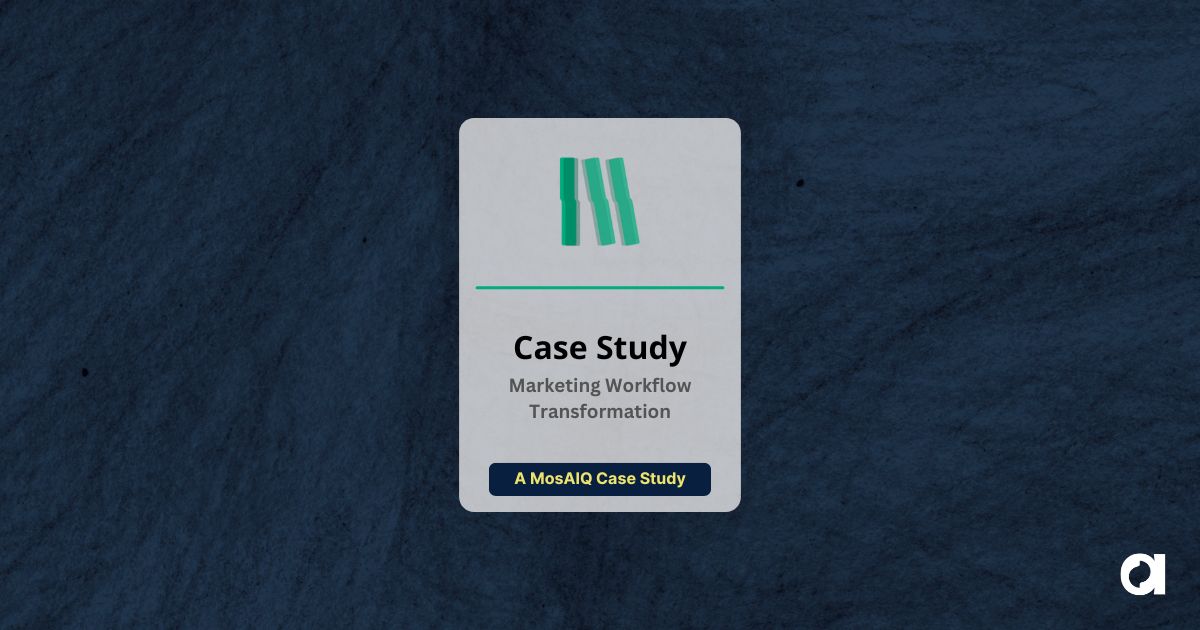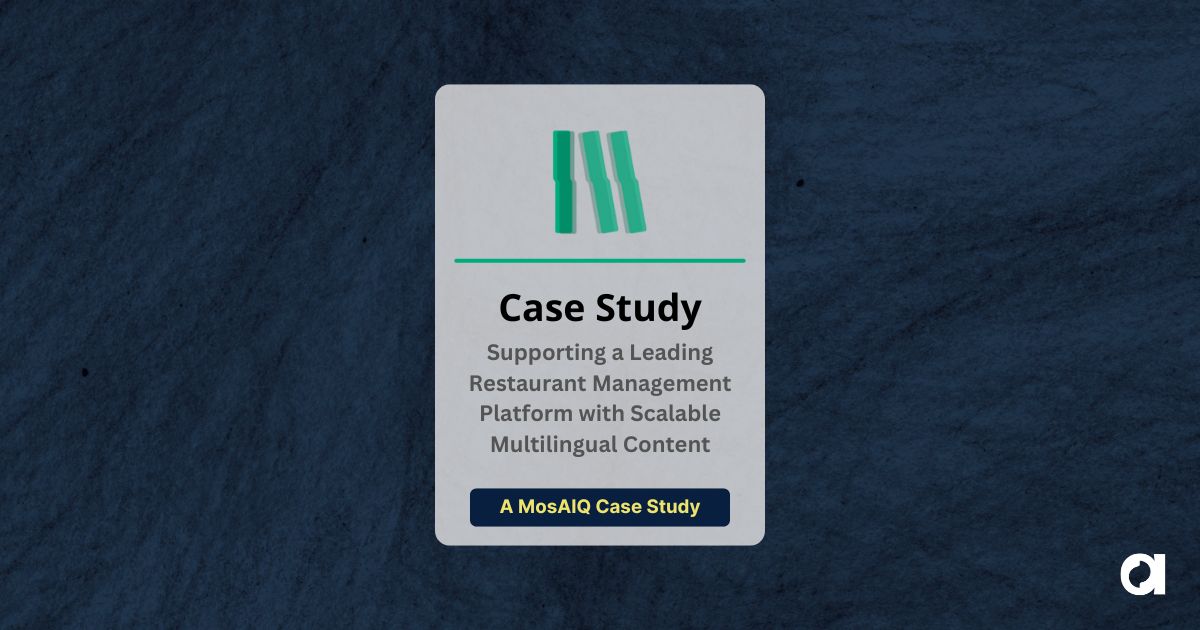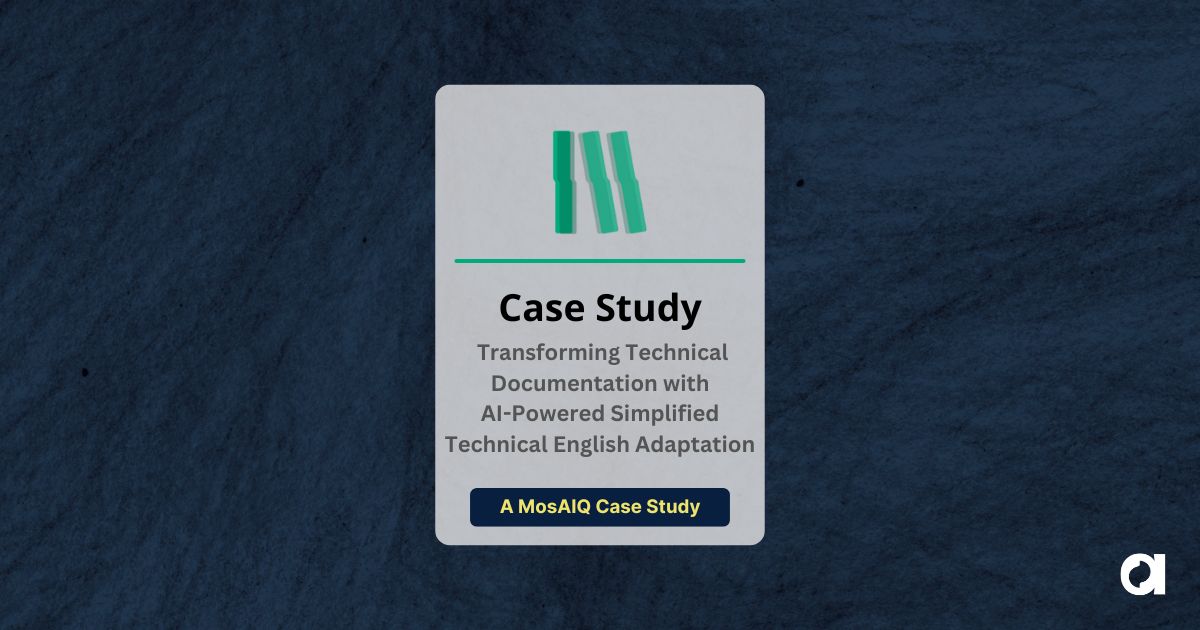For clinical trial translations, being 100% accurate 100% of the time isn’t enough – there’s also the matter of cultural appropriateness to contend with. The key to success lies in the linguistic validation process.
Patient-reported outcomes (PROs) and clinician reports are an increasingly important part of the life sciences research and development process, as the industry slowly comes around to the wisdom of including the patient’s voice earlier and more frequently. However, the linguistic validation of routine clinical outcome assessments (COAs) is proving increasingly problematic. The process is already one of the most complex tasks in the translation industry. Patient-reported outcomes need to be translated for a wide variety of users from every culture and level of education imaginable. For a company to make a valid claim regarding the effectiveness of a given treatment, scientific evidence and clinician testimonials aren’t enough – there’s no substitute for the support of a properly translated PRO.
On top of that, the translation workloads for patient feedback forms and other content that supports multinational clinical trials is growing, and translators are increasingly finding themselves having to make sure that points of reference are culturally relevant for assessors. Researchers have recognized the increasing importance of asking patients targeted questions assessing the effects of a treatment on their ability to function in their daily lives. For example, instead of asking patients to rate their pain on a numerical scale, it’s far more valuable to ask them what their pain prevents them from doing. Because daily activities vary from culture to culture, the cultural adaptation of these questions becomes critical.
As an example, let’s say that a COA is interested in assessing a patient’s elbow mobility, and an original option for describing this is the phrase “I can shovel snow.” It’s not enough to convert this to a different language – the translator needs to consider whether this statement applies globally or not. Since large parts of the world don’t experience snow, a literal translation is not sufficient, and will likely create high instances of “don’t know” or “not applicable” responses that will lower the value of the total patient evidence.
Other examples of such cultural considerations might center around local diets, especially if the subject of the COA is digestive disorders. Here, an original statement such as, “I am able to eat soft foods such as mashed potatoes and applesauce’ might need to be changed to “I am able to eat soft foods such as rice pudding” depending on the culture. Subtle issues also come up in the ability to differentiate between different definitions of quality of life. When assessing the impact on the self-perception of patients undergoing plastic surgery treatments, for example, translators and reviewers need to be aware that “I am embarrassed by my appearance” may be more appropriately translated as “I am self-conscious about my appearance” in other cultures.
The Argos approach
At Argos Multilingual, we recognize that the answer to these issues lies in proper linguistic validation. We also know that COAs are critical to the progression of clinical trials – if the collective patient data is called into question, it could jeopardize the acceptance of labelling claims. Accordingly, it’s our belief that only reputable and selected translators with specific knowledge of a client’s industry and products can deliver appropriate levels of quality. That’s why we require that all our linguistic revisers have at least three years of industry experience on top of a degree in translation. To find out more about how we ensure error-free translation and localization, get in touch with us.
Want to know more?
 Argos Multilingual
2 min. read
Argos Multilingual
2 min. read
In honor of International Translation Day, here are a few things about the profession we all know and love that you’re unlikely to be familiar with. Every year on September 30, the world celebrates International Translation Day to honor the special people who make proper intercultural communication possible. Why September 30? It just so happens […]

 Argos Multilingual
3 min. read
Argos Multilingual
3 min. read
In today’s global marketplace, manufacturing content needs to be understandable everywhere and compliant with industry standards. But in an industry where margins are slim and product needs to move out the door quickly, time is of the essence. The latest machine learning technologies may have the solution. As any manufacturer will tell you, it’s increasingly […]











